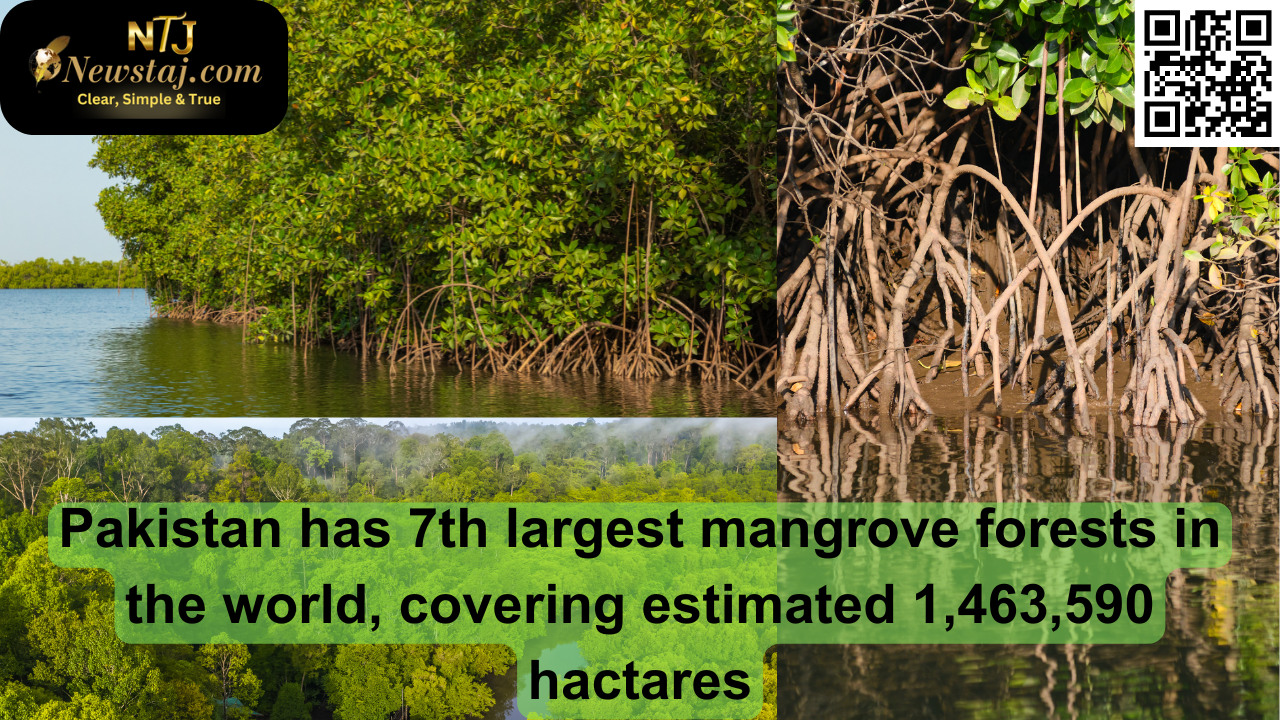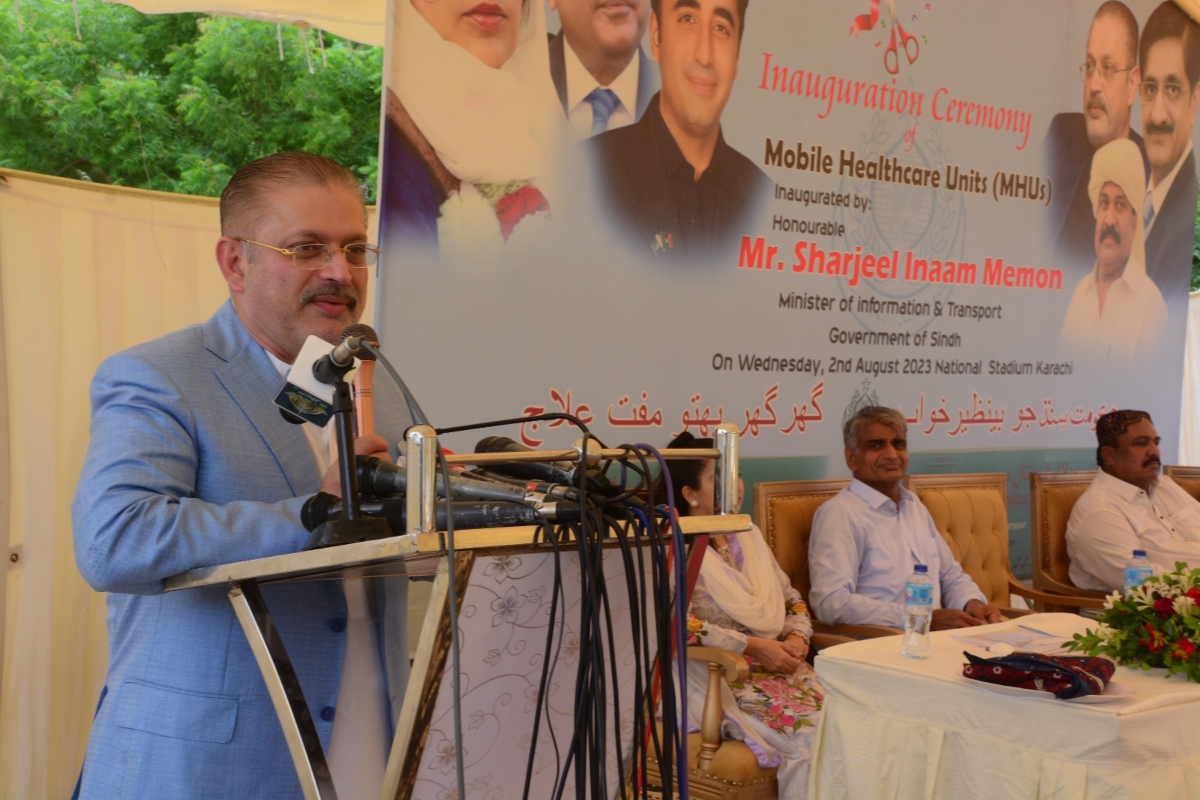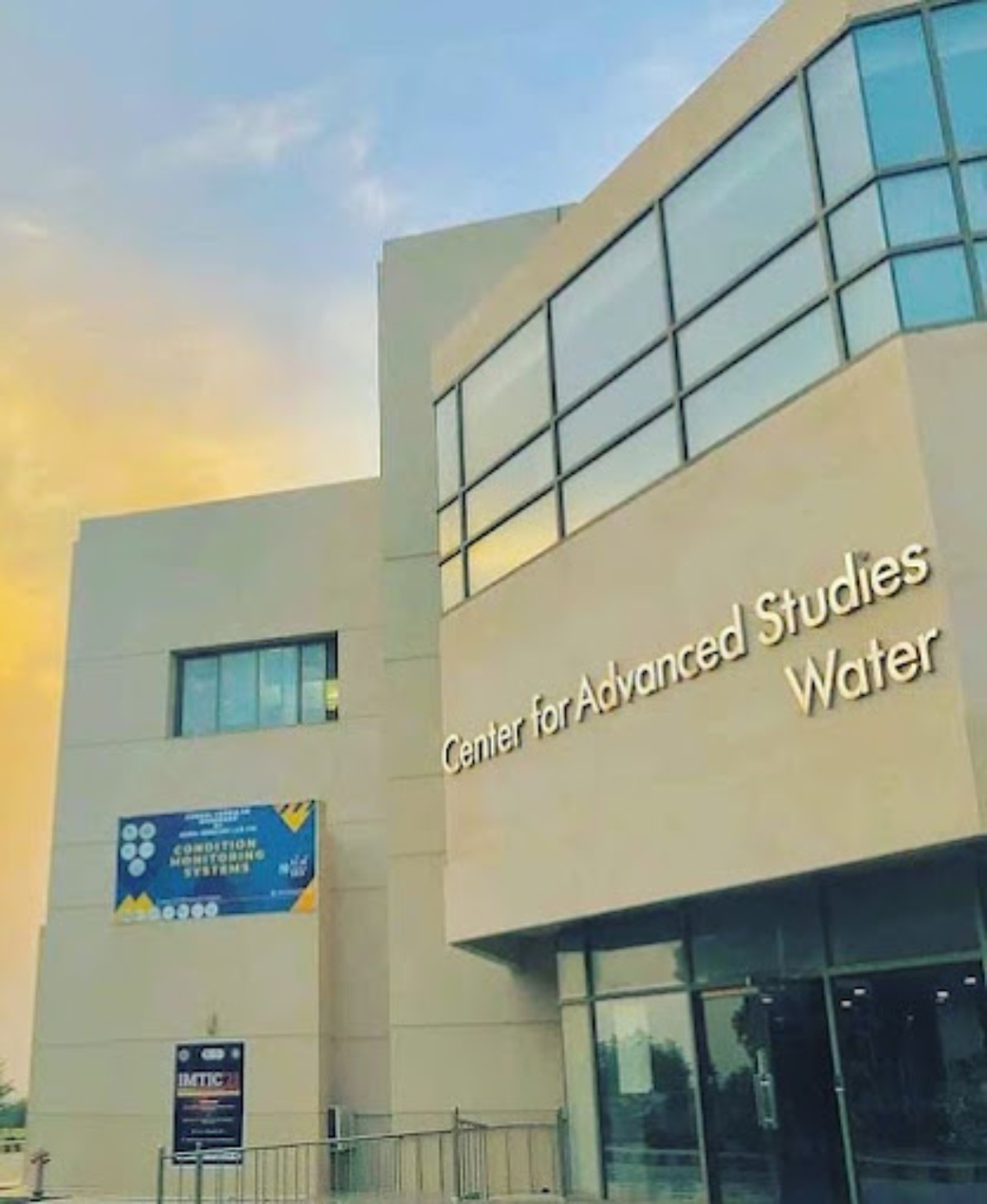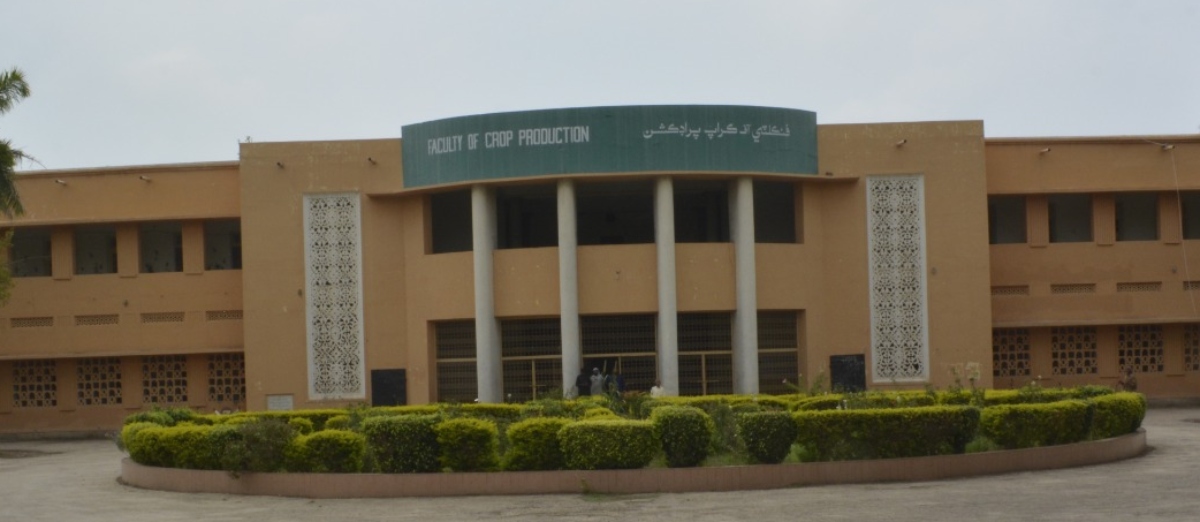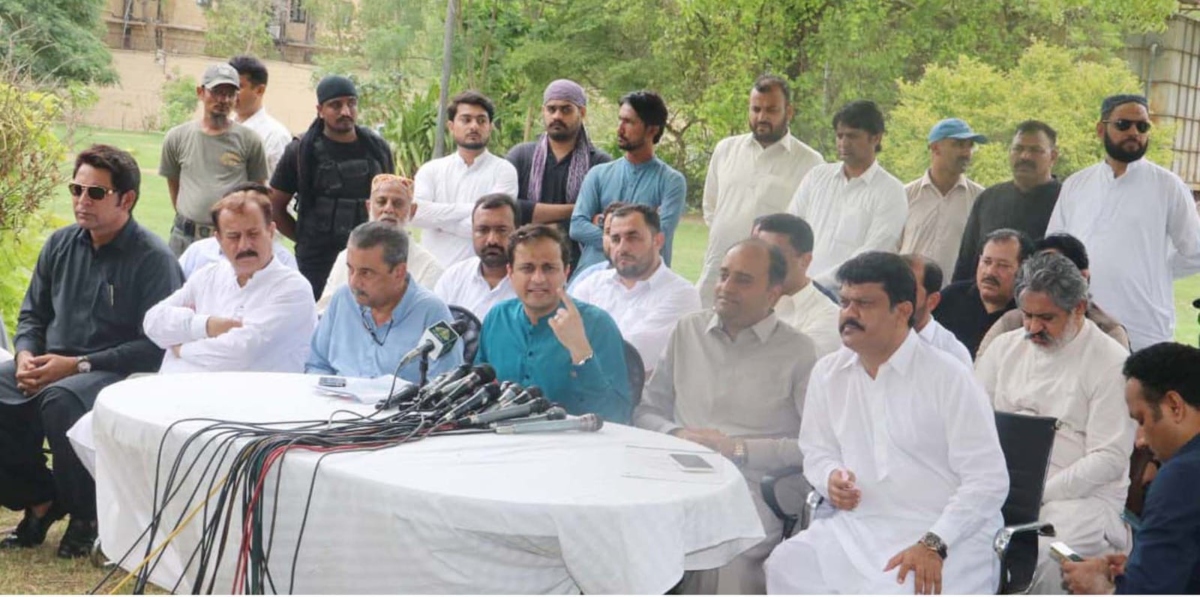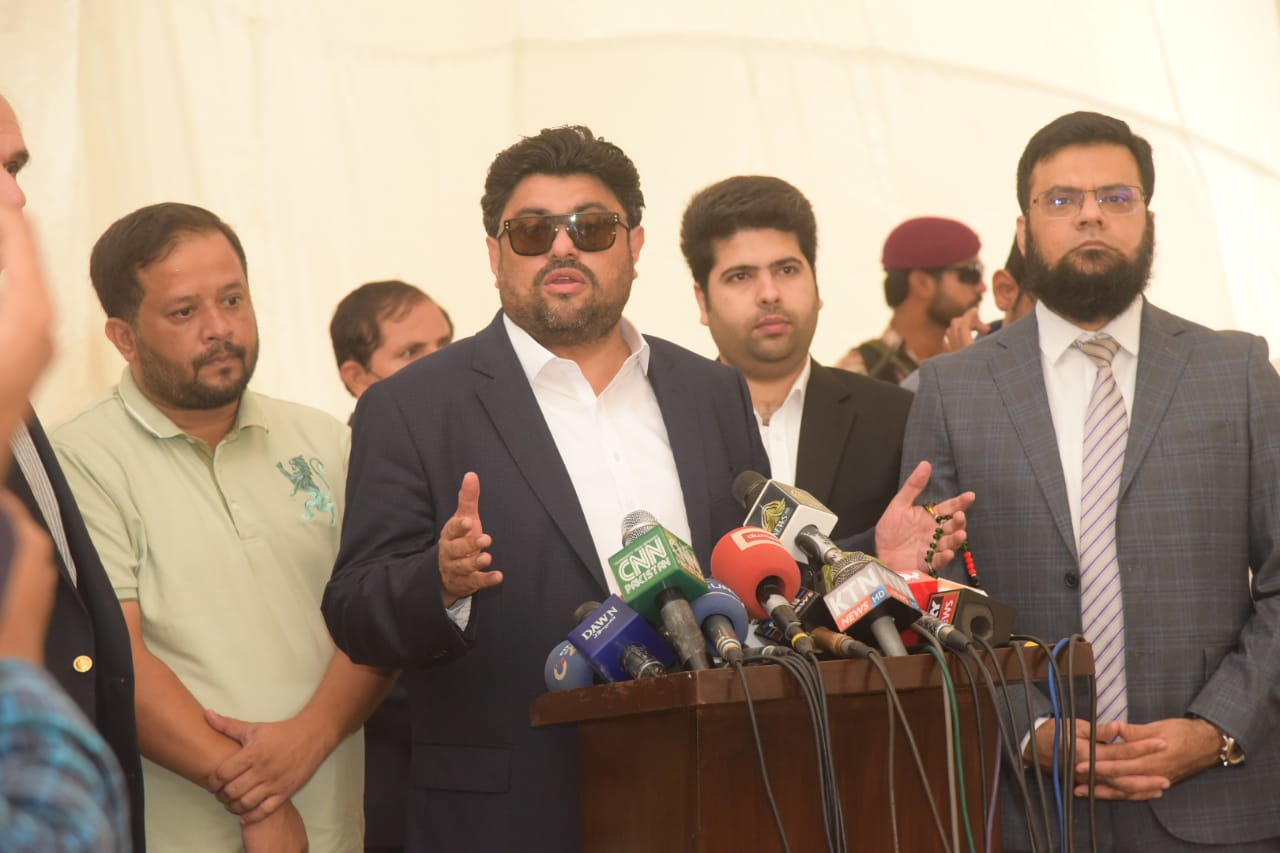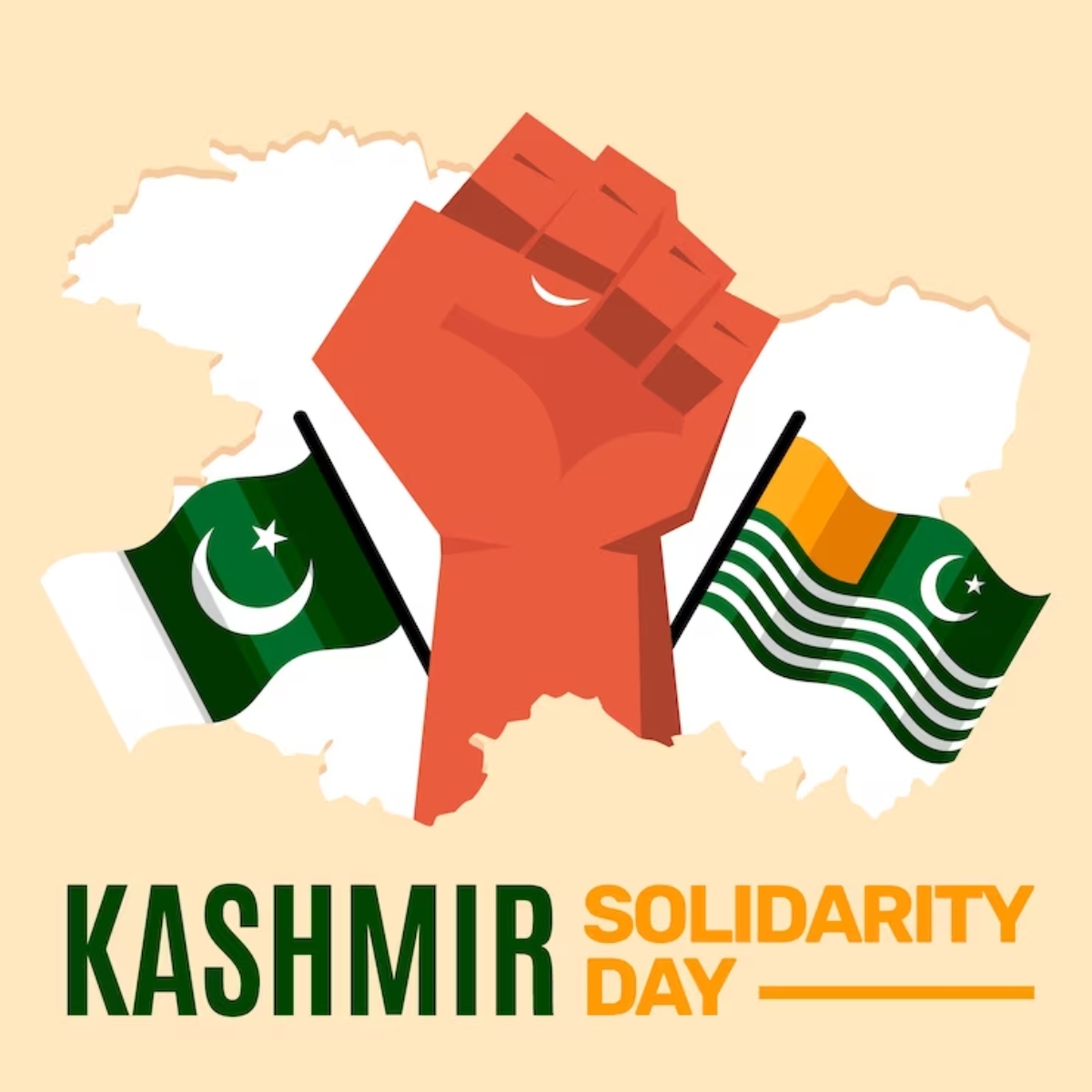
By Syed Wahaj Ahmed
The Department of International Relations of the University of Karachi and the National Institute of Maritime Affairs (NIMA) co-hosted a seminar titled “Kashmir Issue: Historical, Political, and Human Rights Dimensions” at the Chinese Teachers Memorial Auditorium (formerly known as Arts Auditorium) to express national solidarity with the people of Kashmir and their cause.
Respected scholars and speakers underscored the importance of a peaceful and legitimate resolution to the conflict. They unanimously asserted that India is involved in and committed to human rights violations and illegal activities in Kashmir. The revocation of Kashmir’s status and the abrogation of Article 370 constitute a clear violation of the Independence Act, as the Indian government abolished decades-old laws that granted a measure of autonomy to the disputed Muslim-majority region.
The chief guest and former Senator Javed Jabbar observed that despite the well-documented and analyzed nature of the Kashmir issue, there are still, in his words, ‘terrible decisions’. According to him, deception is the root cause of the Kashmir conflict.
He outlined a four-point agenda to initiate the resolution of the conflict. First, both India and Pakistan must define the disputed territory of Jammu and Kashmir. Second, there should be devolution of power from Islamabad to Muzaffarabad and from New Delhi to Srinagar. Third, a dialogue must occur not only between India and Pakistan but also among all stakeholders, necessitating a joint mechanism for the dialogue. Lastly, he emphasized the importance of demilitarizing the Kashmir territory.
Javed Jabbar expressed concern about the BJP led government by the Hindutva ideology, considering it not only dangerous for minorities in India but also a threat to international peace and stability. He advised that Pakistan should invest rationally in international campaigns and pursue diplomacy with a relevant narrative based on facts and figures.
In the keynote address, Director of NIMA (K) Cdr (retired) Ali Abbas said that Kashmir remains an unfinished agenda of Partition. He pointed out that India brought the Kashmir dispute to the United Nations on January 1, 1948. Furthermore, he emphasised that India continues to illegally occupy Kashmir for political, economic and strategic reasons.
In his presidential remarks, the KU Vice Chancellor Professor Dr Professor Khalid Mahmood Iraqi stated that in international relations, justice often aligns with the powerful, emphasizing the need to project an authentic image.
He said that the Redcliff Award was crafted to create controversy and divide India and Pakistan by partitioning the colonial territory. Stressing the significance of Pakistan’s international diplomatic relations, Iraqi acknowledged the challenges and engagements with neighboring countries.
He urged self-analysis and emphasised the importance of learning from history. He underscored that Kashmir rightfully belongs to the Kashmiris, and to show solidarity, supporting their right to self-determination is crucial.
Advocating for the exposure of human rights violations committed by India in Kashmir, the VC urged letting Kashmiris decide their own fate. He concluded by emphasising the integral link between Kashmir and the peace and stability of South Asia.
Another speaker, the former Ambassador Syed Hasan Habib expressed concern that the younger generation lacks in-depth knowledge and understanding of the Kashmir conflict. He noted Pakistan’s weakness on the diplomatic front and highlighted the lack of sufficient interest from global powers in resolving the Kashmir issue.
Earlier, the KU Dean of the Faculty of Arts and Social Sciences Professor Dr Professor Shaista Tabbassum discussed the illegitimacy of the Kashmir conflict by the Indian government. She stressed that the entire episode of the Kashmir issue, from its inception, has been deemed illegal by the Indian government.
She informed the audience that the UN resolution for Kashmir has been disregarded multiple times by India, and the right of self-determination, as provided by the Indian Independence Act, has never been granted to the Kashmiri people.
She highlighted various crimes committed by the Indian military in the Kashmir Valley, including forced disappearances, rapes, and the use of pellet bullets. She further said that, according to international law, Kashmir is an international conflict where the laws of prisoners of war and international conflicts are applicable. However, India has consistently failed to respect these laws and international norms.
Prof Dr Tabbassum stressed the importance of highlighting these illegal state actions committed by India to the international community. She added that states, seeking good and friendly relations with India, must recognise that India and Israel share similar interests and are both involved in committing war crimes and engaging in illegal activities.
On this occasion, the KU IR Department Chairperson Dr Naeem Ahmed said that the Modi government’s actions, including the abrogation of Article 370 and 35(A) and the revocation of Kashmir’s status, not only infringe Kashmir’s right to an independent state but breathed new life into the Kashmir movement. He expressed hope that the February 08, 2024 elections might bring a stable government to power, capable of effectively addressing the Kashmir issue on a global scale.
Meanwhile, the senior Associate Professor at Bahria University Dr Amir Sultan said the human rights violations and crimes committed by India from a long period. He pointed out that Kashmiris have been living without fundamental human rights even before partition, with the Dogra Raj period being a particularly dark chapter when heavy taxes were imposed on the Kashmiri people.
Dr Sultan criticised India for actions that blatantly violate human rights and international law, highlighting rapes as a tactic to humiliate the entire community and suppress those fighting for their right to self-determination.
He stressed that the Kashmir issue is not merely a dispute over land, territory, or resources between India and Pakistan; rather, it pertains to the 12 million people living in Kashmir, who must be granted the right to self-determination.
Assistant Professor of the KU IR Department Dr Nausheen Wasi highlighted the political background and the 77-year-old history of the Kashmir issue. She emphasised the importance of understanding the nature of the Kashmir issue, questioning who controls Kashmir, identifying what went wrong, and exploring how this issue impacts the regional security environment. She shared that regional development has been adversely affected and has become militarised and nuclearised due to this conflict.
Dr Wasi noted that Pakistan has made various efforts to address the Kashmir issue, including political initiatives, mediation, backdoor diplomacy, economic cooperation, military means, and diplomacy. She added that despite Pakistan’s endeavours, India continues to maintain its hardline position in global politics due to its strong political, economic, and diplomatic standing.
The Resident Editor of Daily Pakistan Mubashir Mir asserted that Pakistan’s diplomatic relevance holds the key to a legal resolution of the Kashmir issue.

